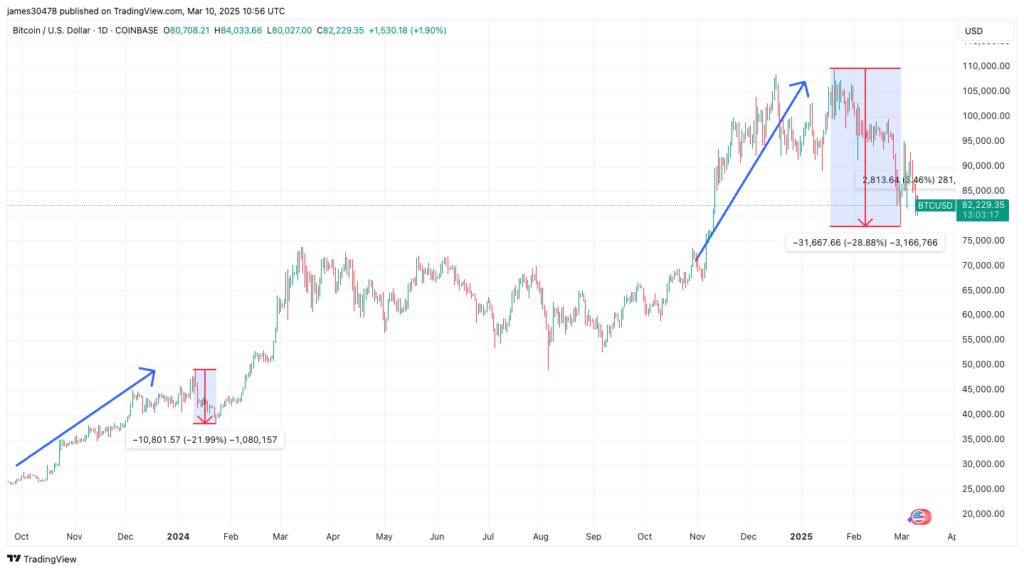Overview of the Recent Legislation
The Utah Senate has made significant strides in cryptocurrency regulation by passing a Bitcoin bill that has garnered attention across the nation. While some experts viewed Utah as a potential pioneer in establishing a state-backed bitcoin reserve, the recently approved bill does not include a provision allowing the state treasurer to invest in Bitcoin (BTC).
Key Provisions of the Bill
Instead of focusing on state investments, the legislation aims to enhance protections for residents engaging with Bitcoin. Here are some of the critical components included in the bill:
– **Custody Protections**: The bill offers fundamental custody protections for Utah residents who wish to hold or trade Bitcoin.
– **Mining Rights**: It establishes the legal framework for individuals and businesses to mine Bitcoin within the state, allowing for economic growth in this innovative sector.
– **Node Operation**: Residents are granted the right to operate nodes, contributing to the decentralized nature of the Bitcoin network.
– **Participation in Staking**: The bill also encourages participation in staking, enabling residents to earn rewards through their involvement in the network.
Next Steps for the Legislation
Following its passage on March 7, the bill now awaits the approval of Governor Spencer Cox. If signed into law, this legislation could position Utah as a leader in cryptocurrency regulation and innovation, potentially attracting tech-savvy investments and fostering a vibrant community around digital currencies.
Implications for the Future
The decision to exclude a Bitcoin reserve clause may seem like a missed opportunity for state investment; however, the focus on protecting residents and encouraging participation in the cryptocurrency ecosystem could pave the way for a more robust digital economy in Utah. As the landscape of cryptocurrency continues to evolve, the implications of this legislation will be closely monitored by both advocates and skeptics alike.



